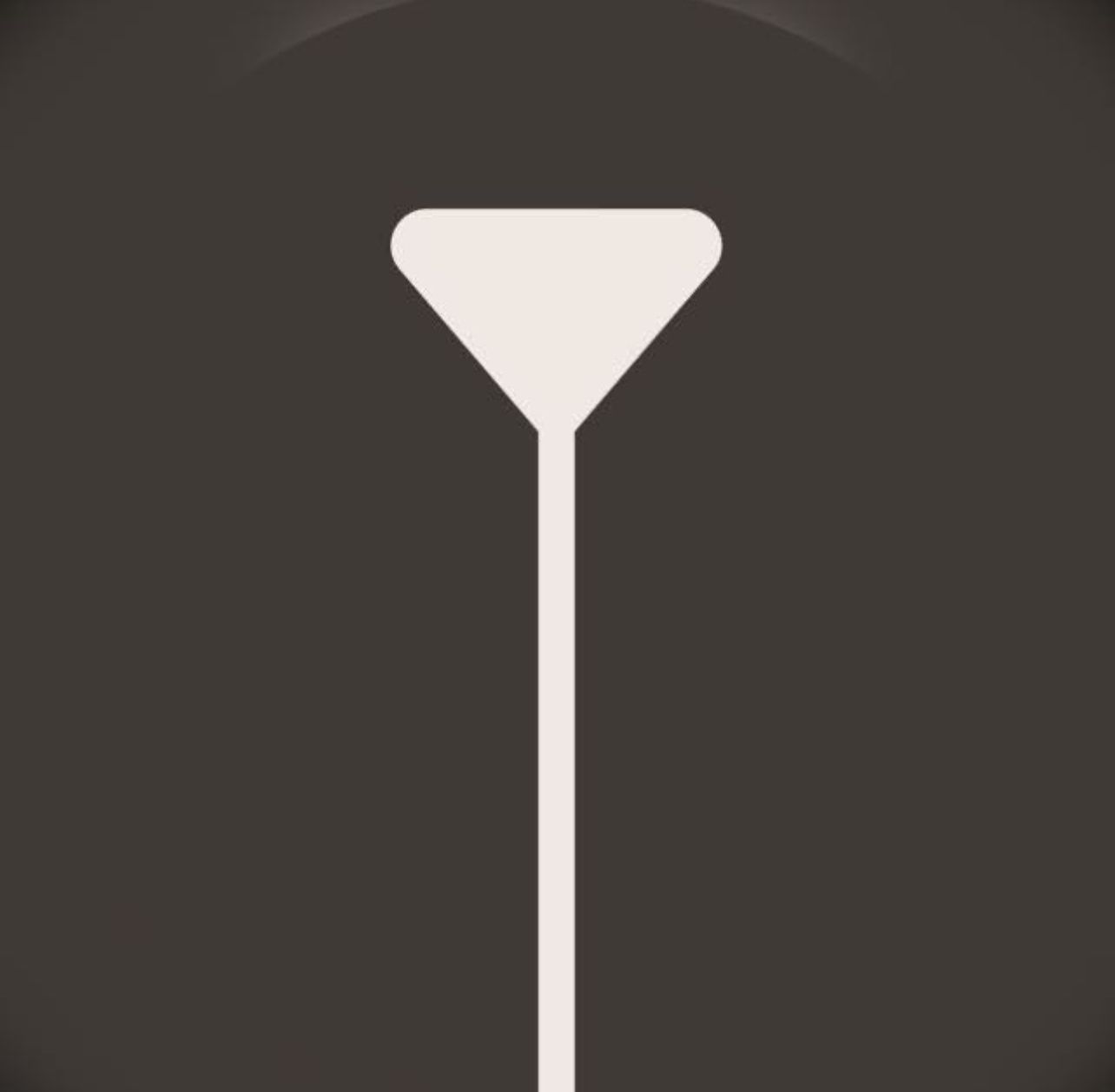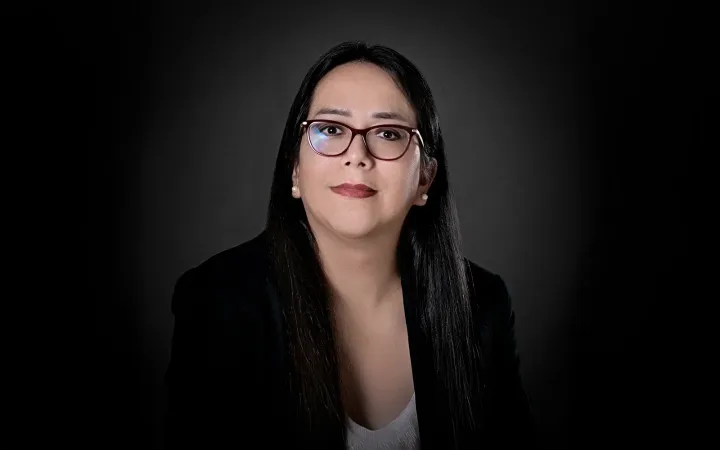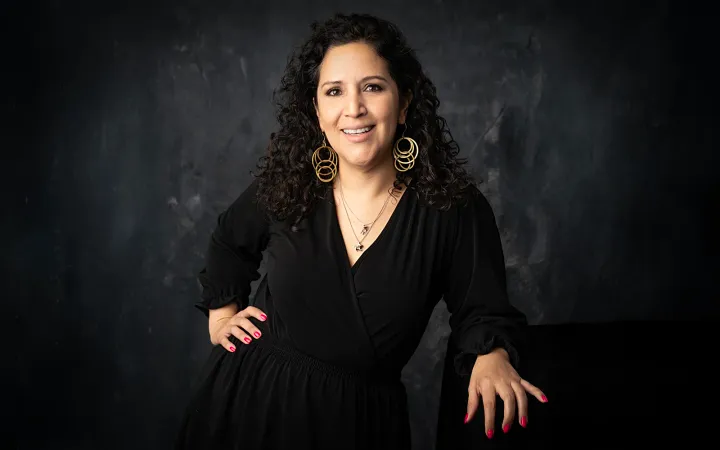By Ana Cecilia Pérez
Welcome, ladies and gentlemen, to the most amazing show of the weekend!
Introducing: "The Great TikTok Circus in America". A show full of political intrigue, judicial decisions and, of course, the magic of social media. Get ready for a journey full of surprises, where the famous short video app was banned and resurrected in less than 12 hours. Come and see!
Act I: The magical disappearance
It all started when on January 19, 2025, the U.S. Supreme Court, in an act worthy of a magician, decided to make TikTok disappear from the country. The reason? National security concerns due to its ties to China. With a judicial wand, they ordered ByteDance, TikTok's parent company, to sell its U.S. operations or face a total ban. And so, as if by magic, TikTok vanished from app stores and the screens of millions of users. 🧙♂️✨
Intermission: The public in panic
Meanwhile, in the audience tent, TikTok's 170 million U.S. users were stunned. Influencers, content creators and brands that relied on the platform for revenue suddenly found themselves without their main stage. Notably, according to Emarketer data, in 2024, TikTok contributed more than $12.34 billion to the U.S. advertising ecosystem.
In addition, influencers in the country have an average annual income of approximately $58,000, according to ZipRecruiter.
TikTok's demise affected not only entertainment, but also the economics of thousands of content creators.
Act II: The great presidential lifesaver
But wait! Just when we thought the show was over, the master of ceremonies enters the scene: Donald Trump. In an unexpected twist, the president-elect announced that he would issue an executive order to extend the period before the ban would go into effect. His proposal: that TikTok be 50% controlled by U.S. shareholders, creating a sort of "joint venture" to protect national security.
ByteDance, faced with the risk of losing such a lucrative market, agreed to negotiate, grateful for this "second chance". Meanwhile, the presidential decision raised a public discussion about the role of social networks in the economy, entertainment and, above all, in global politics.
Grand finale: The triumphant return
And so, in less than 12 hours, TikTok came back to life in the United States. Users recovered their videos, creators resumed their content and brands reactivated their advertising campaigns. All thanks to a presidential intervention that defied court rulings and national security concerns. A true act of escapism worthy of Houdini.
Should the Show continue?
This weekend reminded us that, in the great circus of politics and technology, anything is possible. Decisions can change in the blink of an eye, and platforms that we consider essential can disappear and reappear as if by magic. But beyond the spectacle, it is crucial to reflect on the economic and social dependence we have developed towards these applications and how political decisions can affect our digital lives.
So, dear viewers, as we enjoy the return of TikTok, let us not forget that in this modern circus, we too are part of the show.
Between politics and technology
The TikTok show in the United States is not over; it is just the latest act in a global play that pits technology, politics and security against each other. As we celebrate its return, it is clear that the digital world is no stranger to political and economic interests. As users, businesses and citizens, we must remain vigilant, not only to the risks of these platforms, but also to the decisions that can transform our relationship with them.
And if there were still any doubts about the influence of big tech on the political agenda, the attendance of figures like Google's Sundar Pichai, Meta's Mark Zuckerberg and Microsoft's Satya Nadella at Donald Trump's inauguration makes it clear that the conversation between politics and technology is not optional, it is inevitable. The big circus continues, and we are all invited to the show.
*Her work is focused on enabling a safer digital world; she focuses on educating, protecting information and building partnerships that generate positive impact.

The opinions expressed are the responsibility of the authors and are absolutely independent of the position and editorial line of the company. Opinion 51.






Comments ()